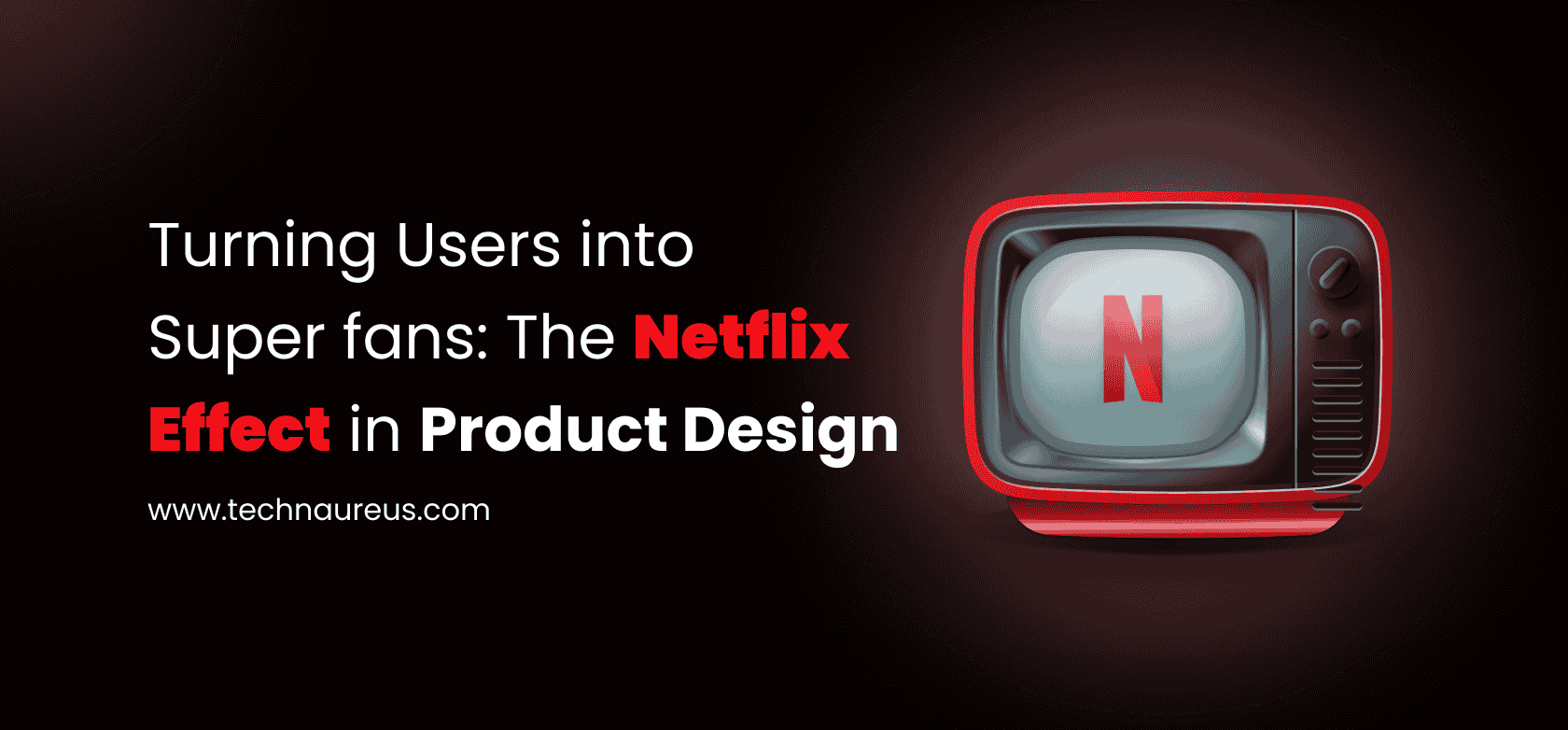Roshin RajAug. 13, 2025
If Netflix can keep millions of people clicking “Next Episode” until 3 a.m., there’s something more than good content at work. They’ve mastered the psychology of bingeability — designing not just for usage, but for sustained, compounding engagement.
And here’s the thing: you don’t have to be in entertainment to steal those principles. Whether you’re building a productivity tool, an e-commerce app, or a learning platform, the same design psychology that fuels a late-night binge can keep your users coming back and staying longer each time.
Let’s break down how bingeability works — and how you can apply it to your own product.
Autoplay, seamless transitions, and previews remove the decision gap between episodes.
Reduce friction between core actions. In an e-commerce app, let users add an item and instantly see related products without a reload. In a productivity tool, start the next task flow before the user has to hunt for it.
Cliffhangers make users want “just one more.”
End experiences with momentum. In a learning app, close a lesson with a teaser for the next topic. In a finance tool, finish a goal-tracking session with a visual of how close they are to the next milestone.
Personalized rows and familiar layouts mean users never have to re-learn how to navigate.
Use consistent patterns and personalization so users can jump straight into action, not orientation.
Progress bars, “Top 10” rankings, and recommendations that feel like wins.
Show visible progress and achievements. Even in non-entertainment products, these micro-rewards reinforce “I’m getting somewhere” feelings.
“Next Episode” is the default.
Always guide the user to one clear, rewarding next action. Avoid dead-ends where the only option is to close the app.
No two home screens are the same.
Even basic personalization (recent actions, saved preferences) makes users feel the product is theirs — and worth returning to.
You never lose your place — even years later.
Save progress everywhere. Let users resume instantly from where they left off, whether it’s a cart, a draft, or an unfinished tutorial.
Bingeability isn’t about gluing users to a screen for unhealthy hours — it’s about creating an experience so fluid, rewarding, and self-propelling that the next action feels natural. Streaming services like Netflix prove that with the right balance of friction reduction, anticipation, and personalization, you can keep engagement high without constant push notifications or gimmicks.
If you design your product with bingeable loops in mind, you’re not just increasing usage time — you’re building habits, loyalty, and brand love.

0